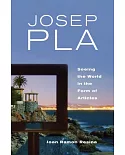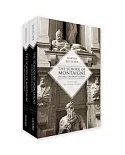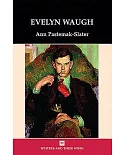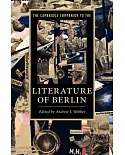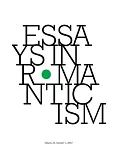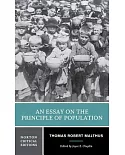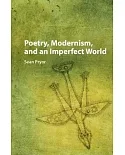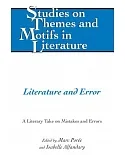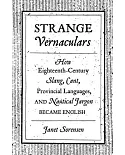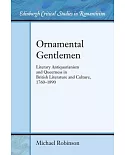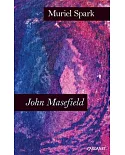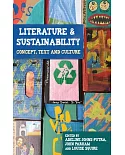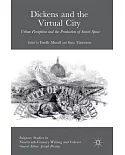Drawing on insightful new findings in the study of seventeenth-century history and in a more nuanced exploration of notions like Puritanism, republicanism, radicalism, and dissent, this book
sheds fresh light on the writings, the thought, and the life of poet John Milton, whose career spanned one of the most turbulent periods in English history.
A more human Milton appears in these pages, a Milton who is flawed, self-contradictory, self-serving, arrogant, passionate, ruthless, ambitious, and cunning. He is also among the most
accomplished writers of the period, the most eloquent polemicist of the mid-century, and the author of the finest and most influential narrative poem in English, Paradise Lost, which the book
examines in detail. The authors also show how, amid the chaos sparked by the shifting political circumstances of the period, Milton emerged as a major political thinker and a significant
systematic theologian. Working through Milton's polemical and imaginative works, the book unravels the evolution of his thought as he moves from a culturally advanced but ideologically
repressive young manhood, to his struggle for a new reformation of the church and a defense of regicide and republicanism, and finally to his thinking about how to retain ideological integrity
in the threatening context of the Restoration. The authors also examine his final years--years of creative fulfillment and renewed political engagement.
What Milton achieved in the face of crippling adversity, blindness, bereavement, and political eclipse, remains wondrous. Here is a fascinating biography of this towering literary figure--the
first new serious study in forty years--one that profoundly challenges the received wisdom about one of England's leading poets and thinkers.


